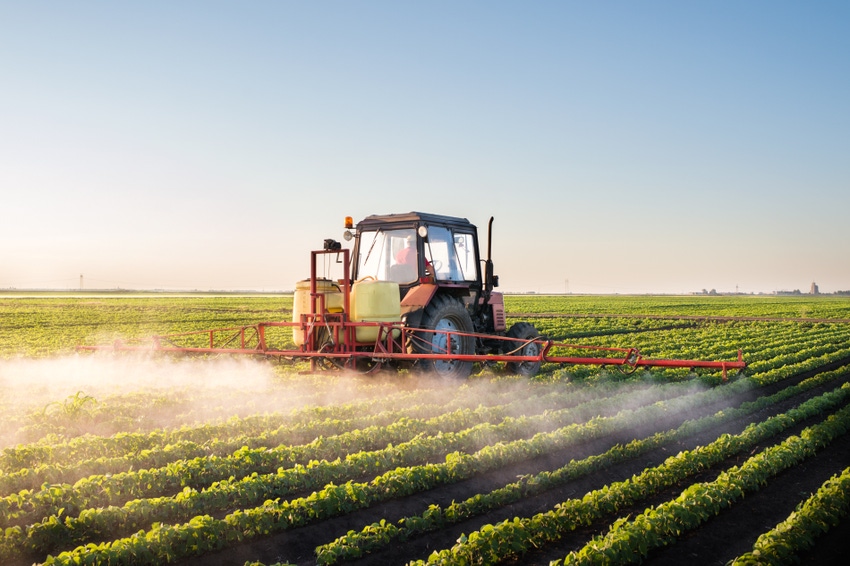
We’ve seen that in recent years, the average age of a farm landlord has been increasing. That change in demographics is leading to the beginning of a shift – where quite a bit of land will be changing hands.
Our advisors have been hearing more frequently about situations where the farm leaders are having to make decisions around whether or not to purchase a piece of ground that they’re already currently renting. It’s not necessarily an ideal scenario –you’re increasing your cost to farm that ground while your revenue will be staying the same.
It might be that an elderly landlord’s health is rapidly declining, and it’s known that the heirs of the ground will be selling it. The current farmer tenant may have first claim on whether he’d like to buy the ground or not. Or perhaps a landlord just isn’t interested in renting out their ground anymore – they need more cash now – so they decide to sell.
Look logically
Land is an emotional topic for most farmers. If we’re not intentional about looking at our farm’s numbers and analyzing the potential purchase carefully, it could be easy to jump into an emotionally-driven decision.
When you’re asked whether you want to purchase ground that you’re currently renting, take some time to work through these four steps first.
Run feasibility studies for each scenario you’re considering. Work with an ag finance advisor to figure out the current profitability of your rented acres, how it would impact your operation to purchase that ground rather than rent it, as well as the impact of giving up those acres altogether. Review the results with your advisor for their perspective and ideas. You want to get a sense of the total impact so you can make the best decision.
Determine how a purchase will impact your working capital and equity. Purchasing ground you’re already renting means you’re not farming any additional acres or bringing in additional revenue, but you’ll probably be taking on a new loan payment. That payment is typically substantially higher than the cost of cash renting the ground. In the short term, your working capital takes a hit, and your cash flow situation may be negatively affected as well. Your equity will not change – but your equity percentage will go down. For example, let’s say you purchase land for $100,000, using $50,000 in cash and $50,000 in loans. Your owned land will increase by $100,000, while cash goes down $50,000 and long term debt increases by $50,000. Your total assets increase by $50,000 and your total liabilities also increase by $50,000. While equity doesn’t change, your equity percentage does become lower.
Consider the current profitability of the ground in question. How profitable is the piece of rented ground? What would the impact be if you were to lose those acres? Asking these questions can help you determine whether that particular ground is worth keeping – at a higher cost to you – or not.
Keep your expectations realistic. Remember that if you decide to purchase the ground, it probably won’t have an immediate positive impact on your financial situation. Also consider whether purchasing this ground will fit into the overall goals of your operation. Is land ownership a major long-term goal? Consider your farm’s long-term needs and where you want the operation to be in five, ten and twenty years.
Analyzing this decision on a case-by-case basis is important – it’s never always the right thing or always the wrong thing for an operation. Think through your farm’s current financial situation and overall goals, and work with an ag finance advisor so you can see the financial impact to your operation.
Read the current issue of the Smart Series publication, bringing business ideas for today’s farm leader. This issue includes perspectives on what to do when a landlord asks for higher rent, how to find the right new employee, a farm business checklist for the spring season, and more. Get your free online issue here.
The opinions of the author are not necessarily those of Farm Futures or Penton Agriculture.
About the Author(s)
You May Also Like






